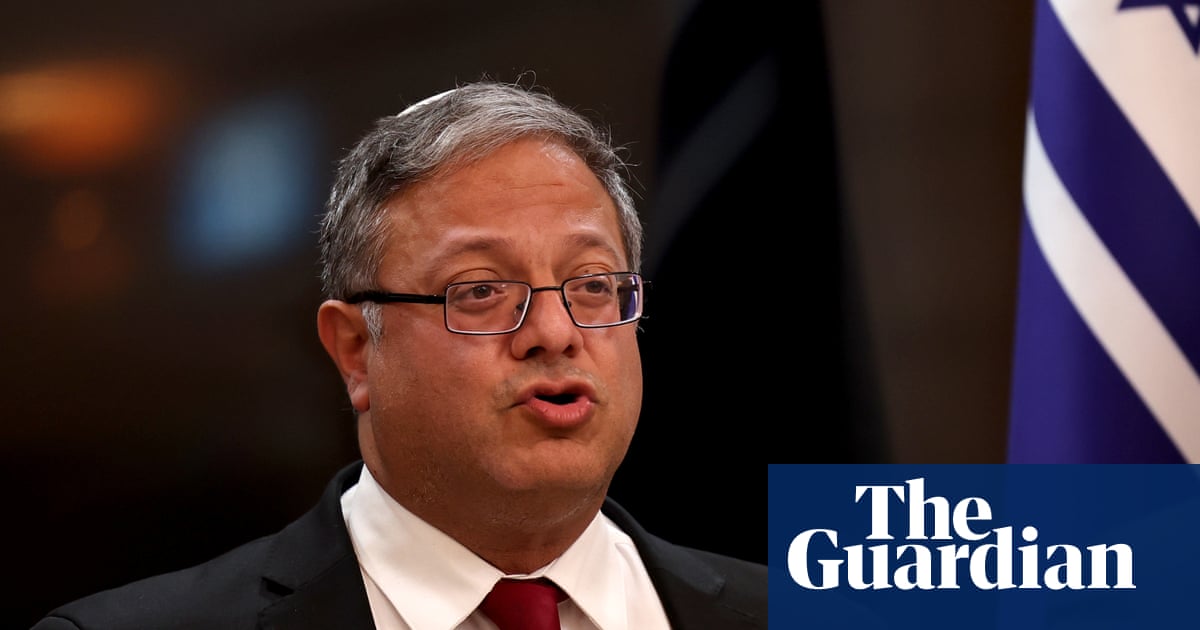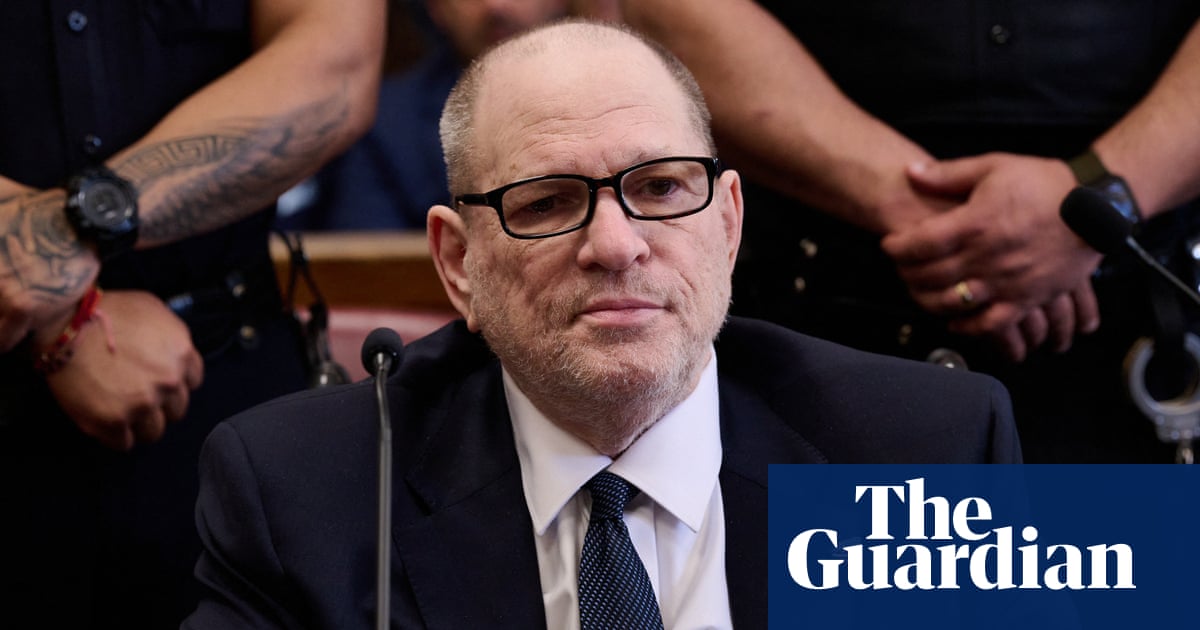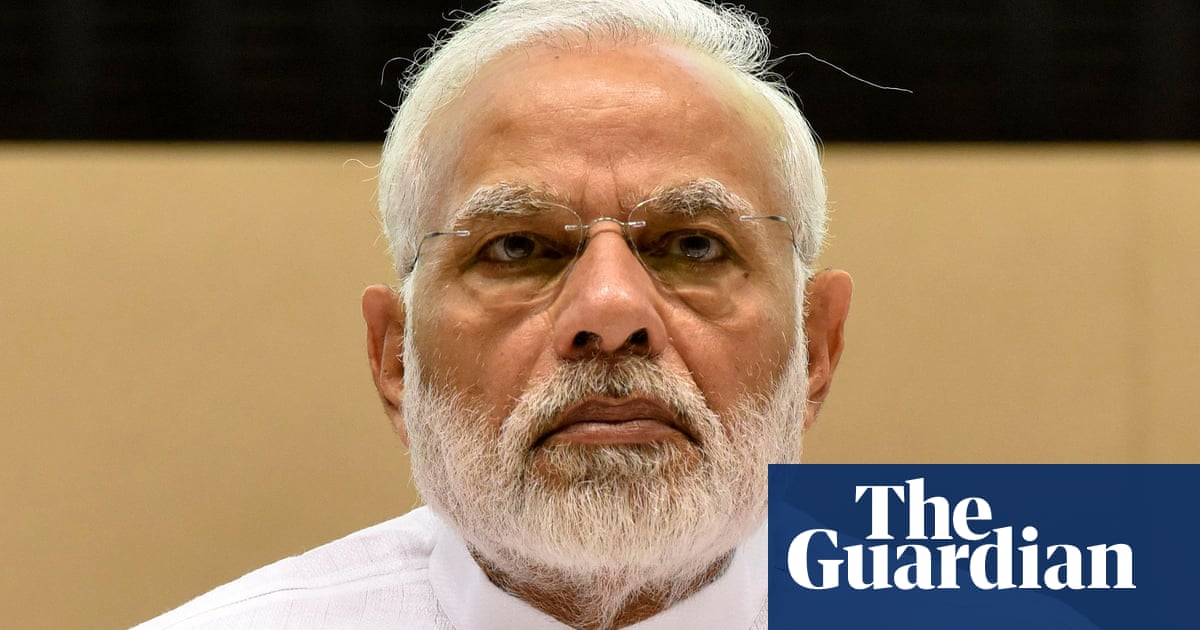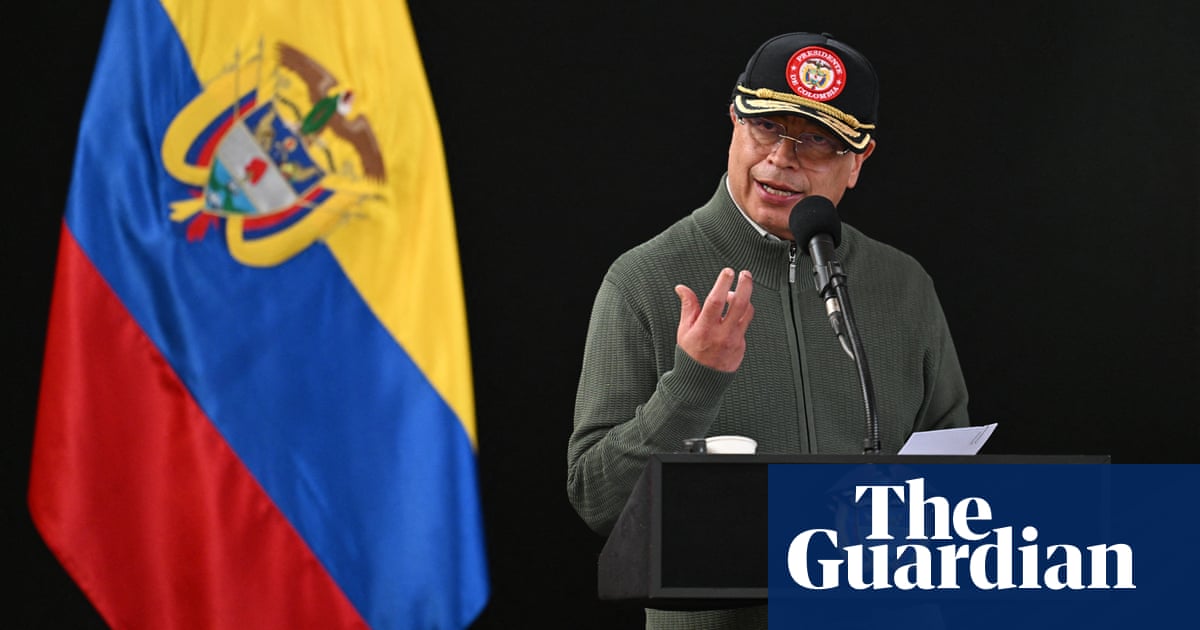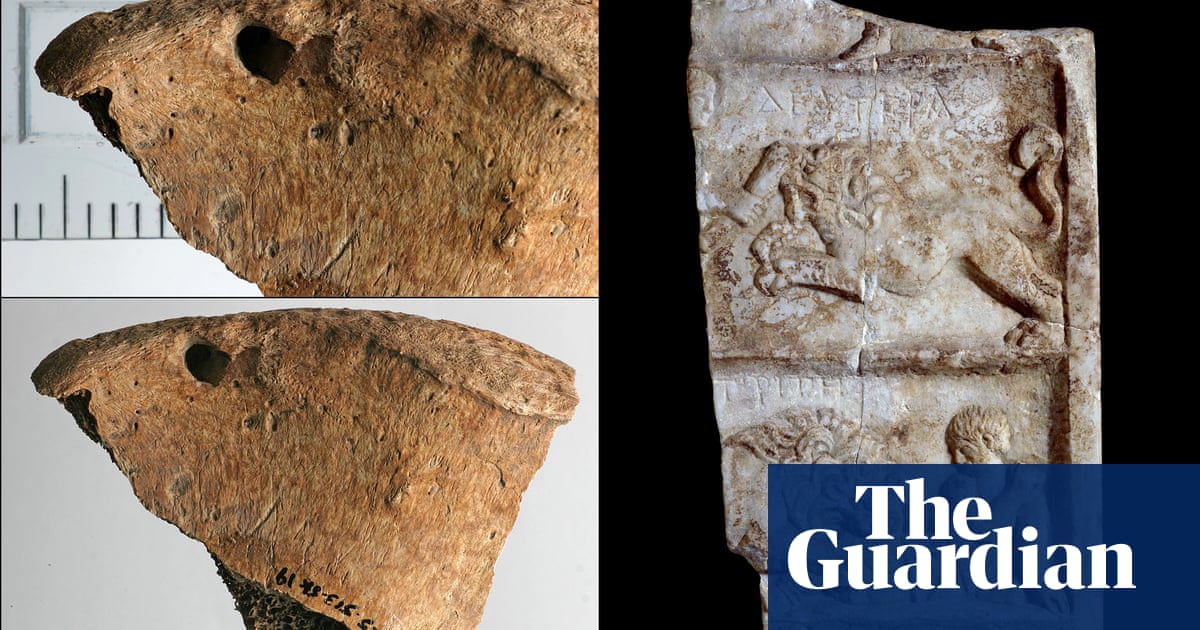Donald Trump’s plan for Gaza has no cost estimates or budget. There are no troop estimates or outlines in the Pentagon. Even Donald Trump’s allies have admitted that his proposal for the US to “take over” Gaza and for Palestinians to make their homes elsewhere was an idea he had only tinkered with before Tuesday evening, when it tumbled out to the obvious surprise of his closest aides.
One of the very few constituencies to welcome the proposal – which if enacted would amount to the effective ethnic cleansing of the territory – was Israel’s rightwing pro-settler movement and their allies in the US. In these circles there is optimism that the shifting US policy gives the green light to settlement expansion or even the eventual annexation of all the occupied Palestinian territories, including the West Bank.
“What has changed now is that Trump has said that it is US policy to support this as an end goal,” Matt Duss, the executive vice-president at the Center for International Policy, said of the Trump proposal. “And then of course it will just hop over to the West Bank, no question.”
Israel’s pro-settler rightwing immediately hailed Trump’s announcement. Bezalel Smotrich, the country’s ultranationalist finance minister, quoted a biblical passage about the return of Jewish pilgrims to Israel, writing “Thank you President Trump. Together, we will make the world great again.”
Itamar Ben-Gvir, who left Benjamin Netanyahu’s shaky coalition government due to the ceasefire with Hamas, said: “When I said this time and again during the war, that this was the solution to Gaza, they mocked me.”
Under the Biden administration, saying that Gaza had been rendered unliveable would have been seen as a condemnation of Israel’s military campaign. But Trump, ignoring the Israeli assault that has been described as a “domicide” and led to the hollowing out of Gaza’s cities, simply went ahead and said it.
The New York Times reported that the idea had been germinating among Trump and his close allies for weeks, and accelerated after his envoy Steve Witkoff travelled to the area and said that “there is almost nothing left of Gaza”. Yet Trump surprised his aides and even Netanyahu with the proposal, the paper reported, calling it “little beyond an idea inside the president’s head”.
Trump’s plan for the US to occupy Gaza may be a non-starter and a distraction from more immediate questions of the second round of ceasefire negotiations between Israel and Hamas.
But it also marks a serious shift towards some of the pro-settler advisers that he has elevated, including his nominee for ambassador to Israel, Mike Huckabee, who said on Fox News in January: “There was a Palestinian state. It was called Gaza. Look how that turned out.”
Trump has offered other tokens to pro-settler groups, including the repeal of Biden administration sanctions against individuals and groups accused of expansion and violence against Palestinians in the West Bank.
The broader reaction to Trump’s remarks was immediate and almost universally negative. Saudi Arabia said it would not sign a normalisation deal with Israel, a key goal of the Trump administration, without the establishment of a Palestinian state – effectively a moot point if the Trump plan were to go forward. Jordan, a US ally in the region, said its leader, King Abdullah II, had “stressed the need to put a stop to [Israeli] settlement expansion, expressing rejection of any attempts to annex land and displace the Palestinians”.
after newsletter promotion
The situation may indicate that in the circles of those who surround him, pro-settler figures are ascendant. They include Huckabee and Elise Stefanik, the US ambassador-designate to the UN, who during a confirmation hearing said she supported statements by Ben-Gvir and Smotrich that Israel had a “biblical right to the entire West Bank”.
Others like Witkoff represent a wing of Trump’s supporters who are less hawkish on Israel and more focused on cutting transactional deals across the world.
Jeremy Ben-Ami, the head of J Street, a liberal pro-Israel organisation, said before the summit that Trump had two choices on Thursday, either going for the “dealmaker route” or the “screw it path”.
For Saudi Arabia to establish diplomatic relations with Israel, he said, Trump would have to at least seek to restrain Israel regarding the expansion of settlements in the West Bank.
But “if he’s going down the screw it path – and I don’t really care what anybody thinks, and I want Greenland and Panama and they can have the West Bank – you know, then we’re in a different world”, Ben-Ami said.

.png) 2 months ago
52
2 months ago
52










